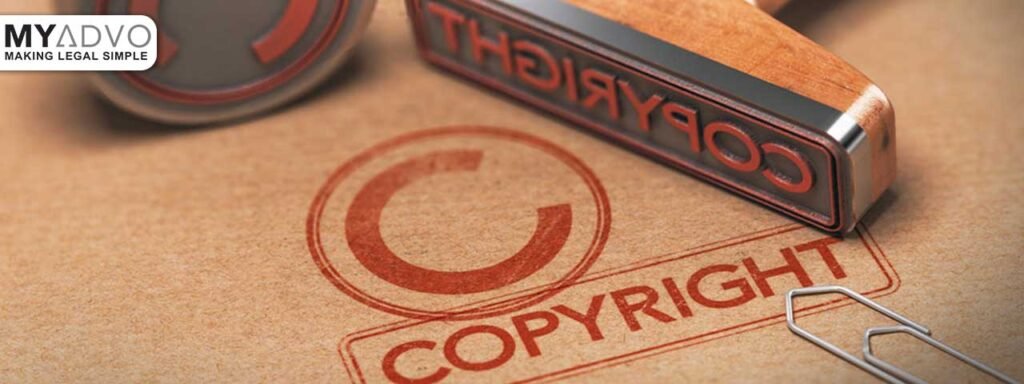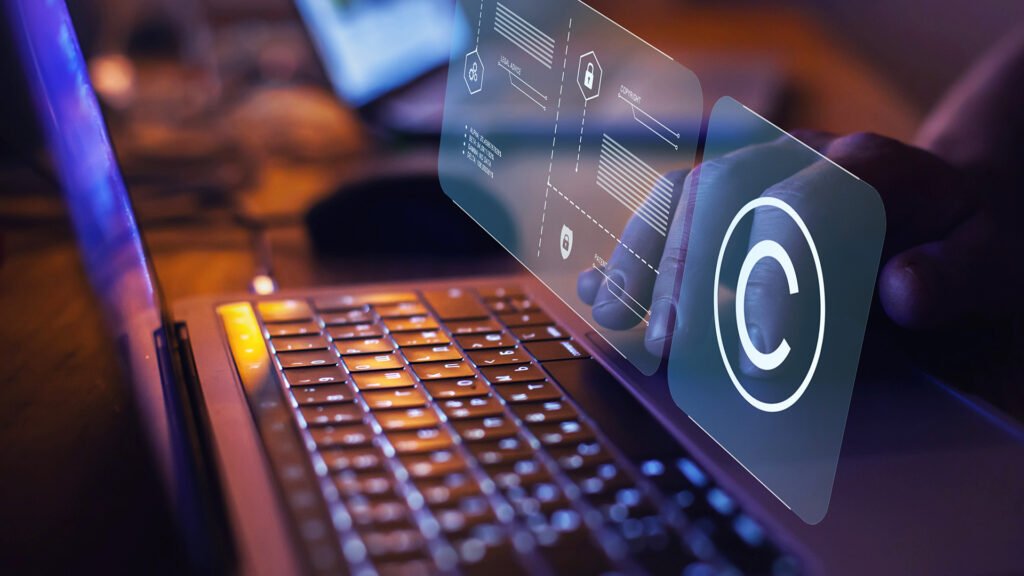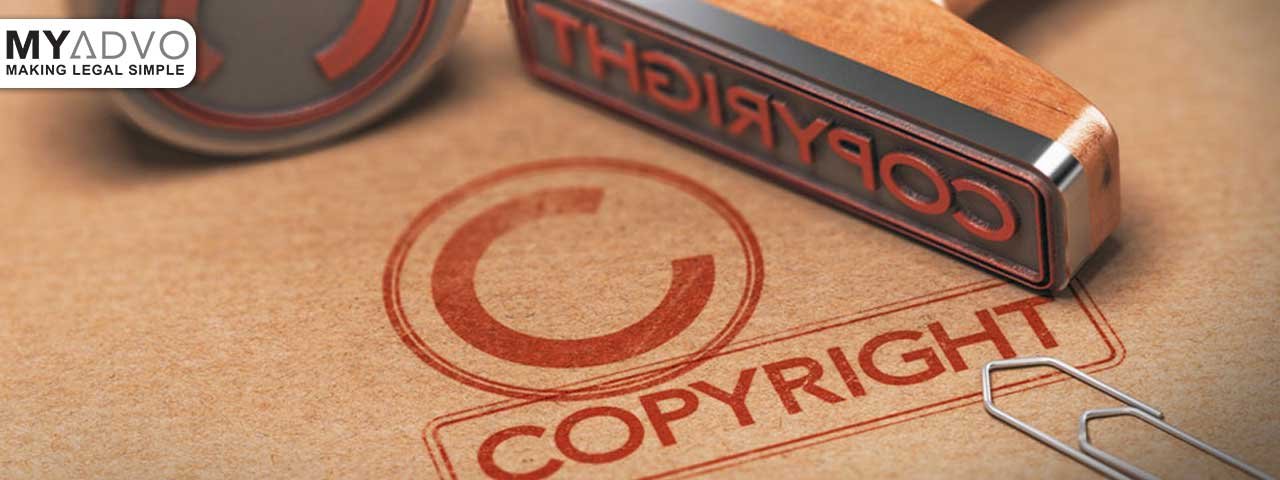As a software developer, you pour your creativity and technical expertise into writing code, building applications, and developing innovative solutions. But have you ever wondered how you can protect your intellectual property? This is where copyright for software developers comes into play. Copyright laws provide a legal framework to safeguard your original work, preventing others from using or distributing your code without permission.
In this comprehensive guide, we’ll explore everything you need to know about copyright for software developers, how it applies to your work, and the steps you can take to secure your software projects.
Also Read: Understanding Tech Startup Compliance Laws

What is Copyright for Software Developers?
Copyright is a form of legal protection granted to the creators of original works, including software. For software developers, this means that the code you write, the algorithms you create, and even the design of your software are protected by copyright laws. This protection prevents others from copying, distributing, or modifying your software without your consent.
While copyright does not protect ideas or general concepts, it does cover the expression of those ideas, such as the actual code you’ve written. For software developers, this is a crucial tool for ensuring that your work remains your own and cannot be exploited by others.
Why is Copyright Important for Software Developers?
When you write code, you invest significant time, effort, and expertise into creating something unique. Without copyright protection, others could steal your work, pass it off as their own, or profit from it without your permission. Copyright for software developers is essential for the following reasons:
- Protection of Original Work: It ensures that your code, designs, and any other original software elements are protected from unauthorized use.
- Legal Recourse: If someone infringes on your copyright, you have legal grounds to take action, such as filing a lawsuit or issuing a cease-and-desist order.
- Monetary Value: Copyright allows you to license your software, charge for usage, or even sell the rights to it, giving you control over how your software is distributed.
- Attribution: Copyright allows you to establish your authorship of the software, ensuring you receive credit for your work.
How Does Copyright Apply to Software Development?
The application of copyright for software developers can be a bit complex, but understanding the basics is key. Here’s how copyright applies to different aspects of software development:
1. Protecting the Code You Write
When you write code, whether it’s in Python, Java, JavaScript, or any other programming language, it automatically qualifies for copyright protection. This applies to the actual lines of code as well as the structure, sequence, and organization of your program. The copyright protection is granted as soon as the code is fixed in a tangible form, such as written down on paper, stored in a file, or uploaded to a repository.
2. Software Documentation and User Interface
In addition to the code itself, any associated documentation, user manuals, or graphical user interfaces (GUIs) can also be protected by copyright. These elements contribute to the overall software experience and may contain original creative content that is eligible for protection.
3. Algorithms and Methods
While copyright protects the expression of ideas (like the code itself), it does not protect the underlying idea or algorithm. However, if your algorithm is implemented in a specific and original way, the way it’s expressed in code is eligible for protection.
4. Licensing Your Software
As a software developer, you have the option to license your software under various copyright agreements. A license defines how others can use your software, whether it’s free to use, requires payment, or allows for modifications. Licensing gives you control over how your work is distributed and used while ensuring you retain copyright ownership.
5. Open Source and Copyright
Many software developers choose to release their code under open-source licenses. These licenses allow others to use, modify, and distribute the code, but typically require attribution and often have restrictions on how the software can be used. Open-source licenses still fall under copyright protection for software developers, ensuring that your rights are maintained, even when the software is freely available.
Also Read: Sole Proprietorship Regulations

How to Register Your Copyright as a Software Developer
Although copyright protection is automatic, you can enhance your legal standing by formally registering your software with the U.S. Copyright Office or the equivalent authority in your country. Here’s how you can go about it:
1. Prepare Your Software for Registration
Before registering, ensure your software is finalized and ready for submission. You’ll need to provide a copy of the software (or a portion of it) as part of the registration process.
2. Complete the Copyright Registration Form
You can register your copyright online through the U.S. Copyright Office’s website or your local copyright office. The form will ask for details about the software, including its title, the date of creation, and the names of the authors.
3. Submit Your Application and Pay the Fee
Once you’ve filled out the registration form, submit it along with a copy of your software and the required fee. The fee varies based on the type of registration and whether you’re registering electronically or by mail.
4. Wait for Confirmation
After your application is submitted, it will be reviewed by the Copyright Office. If everything is in order, you’ll receive a certificate of registration, which serves as proof of copyright.
Common Copyright Issues for Software Developers
1. Infringement of Copyright
One of the most common issues that software developers face is the infringement of their copyright. This can occur when someone copies your code, distributes your software without permission, or creates derivative works based on your code. If this happens, you can file a lawsuit or take legal action to protect your rights.
2. Using Third-Party Code
Many developers incorporate third-party libraries, frameworks, or open-source code into their software. It’s crucial to ensure that you have the right to use and distribute this code. Some open-source licenses require you to credit the original author or restrict how the code can be used.
3. Software Patents vs. Copyright
While copyright protects the expression of ideas, patents protect the underlying inventions or processes. If you’ve created a new software algorithm or method, you may also want to explore patenting it in addition to registering the copyright.
4. International Copyright
Copyright laws vary by country, and protection in one jurisdiction doesn’t automatically extend to others. If you plan to distribute your software globally, it’s important to understand the copyright laws in the countries where your software will be used.
FAQ: Copyright for Software Developers
Q1: Do I need to register my copyright for software?
No, copyright protection is automatic as soon as you create original software. However, registering your copyright offers legal advantages, such as the ability to sue for statutory damages and attorney’s fees in case of infringement.
Q2: Can I protect my software’s idea with copyright?
No, copyright protects the expression of ideas (the actual code), not the ideas themselves. If you have a novel algorithm or concept, you may want to consider applying for a patent.
Q3: What happens if someone uses my software without permission?
If someone uses your software without permission, they may be infringing on your copyright. You can send a cease-and-desist letter, file a Digital Millennium Copyright Act (DMCA) takedown notice, or pursue legal action.
Q4: Can I license my software under an open-source license and still protect it with copyright?
Yes, open-source licenses allow you to retain copyright while giving others permission to use, modify, and distribute your software under specific terms. Common open-source licenses include the MIT License, GPL, and Apache License.
Q5: How long does copyright protection last for software?
In the U.S., copyright protection for software lasts for the life of the author plus 70 years. For works created for hire or owned by a company, the protection lasts 95 years from the date of publication or 120 years from the date of creation, whichever is shorter.
Conclusion: Safeguarding Your Code with Copyright
Copyright for software developers is a vital tool in protecting the hard work and creativity you put into your projects. By understanding how copyright works and taking the necessary steps to register and protect your software, you can ensure that your intellectual property remains secure. Whether you are building software for personal use or planning to release it commercially, securing your rights is essential for both your creative freedom and financial success.

1 thought on “Copyright for Software Developers: Protecting Your Code and Creations”